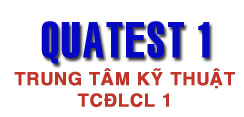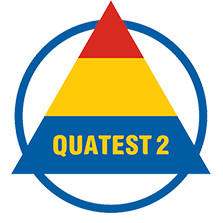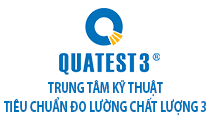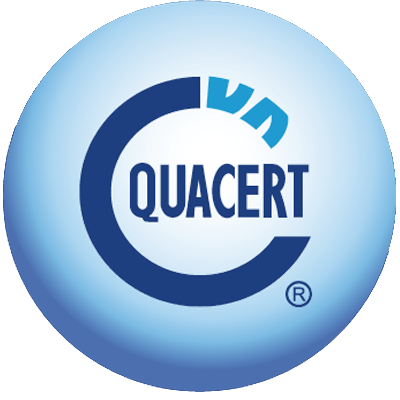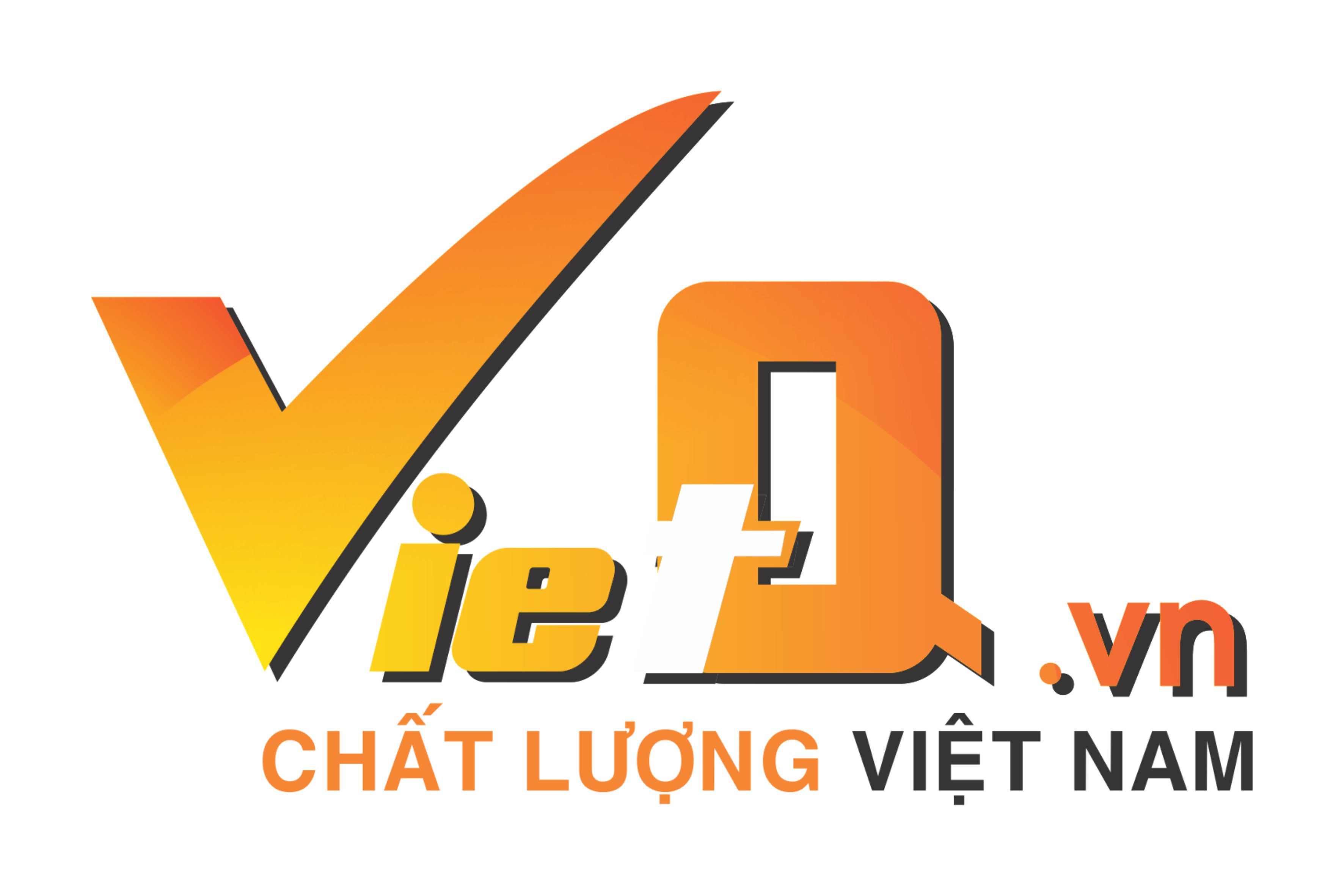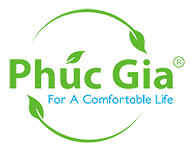International Expert Proposes Solutions to Improve Vietnam’s GQII Ranking
Post date: Monday, Mar 31, 2025 | 22:07 - View count: 392
On the morning of March 31, 2025, in Hanoi, the National Commission for Standards, Metrology and Quality (STAMEQ) hosted a technical sharing session with the direct participation of Dr. Ulrich Harmes-Liedtke, an international expert in the field of Quality Infrastructure (QI) and advisor to the Physikalisch-Technische Bundesanstalt (PTB) of Germany.
The event was organized under the framework of the PTB-STAMEQ cooperation project titled “Supporting Quality Assurance Services for Sustainable Energy Development.”
During the session, Mr. Ulrich presented an overview of the Global Quality Infrastructure Index (GQII) — a benchmarking tool developed based on official data from international organizations such as ISO, IEC, BIPM, and IAF/ILAC. The index measures the development level of QI systems across 185 countries and economies. It is structured around three main pillars — standards, metrology, and accreditation — comprising a total of 14 indicators and over 8,600 data points, which have been collected, analyzed, and validated by independent experts.

Mr. Ulrich particularly emphasized the growing importance of GQII as a tool for national policymaking and strategy development, especially in aligning QI systems with the Sustainable Development Goals (SDGs). The index also contributes to promoting a data-driven decision-making culture, enhancing transparency, and fostering cooperation among organizations within the QI ecosystem.
During the discussion session, Acting Director General Dr. Hà Minh Hiep and other STAMEQ representatives raised practical questions related to improving QI data quality in Vietnam, the potential integration of legal metrology into the GQII framework, and the application of GQII to support national priority sectors such as renewable energy, innovation, and digital transformation. Mr. Ulrich acknowledged Vietnam’s progress in strengthening its Quality Index (QI) system and stressed that enhancing data quality, availability, and transparency is essential for improving the country’s Global Quality Index (GQII) ranking, thereby advancing its national competitiveness and global integration.

In closing, STAMEQ expressed sincere appreciation to Dr. Ulrich for his in-depth, dedicated, and timely sharing. The session provided a valuable opportunity for STAMEQ officers to stay current with international trends and further clarify the role of QI in national development strategies.


Anh Vu _STAMEQ














